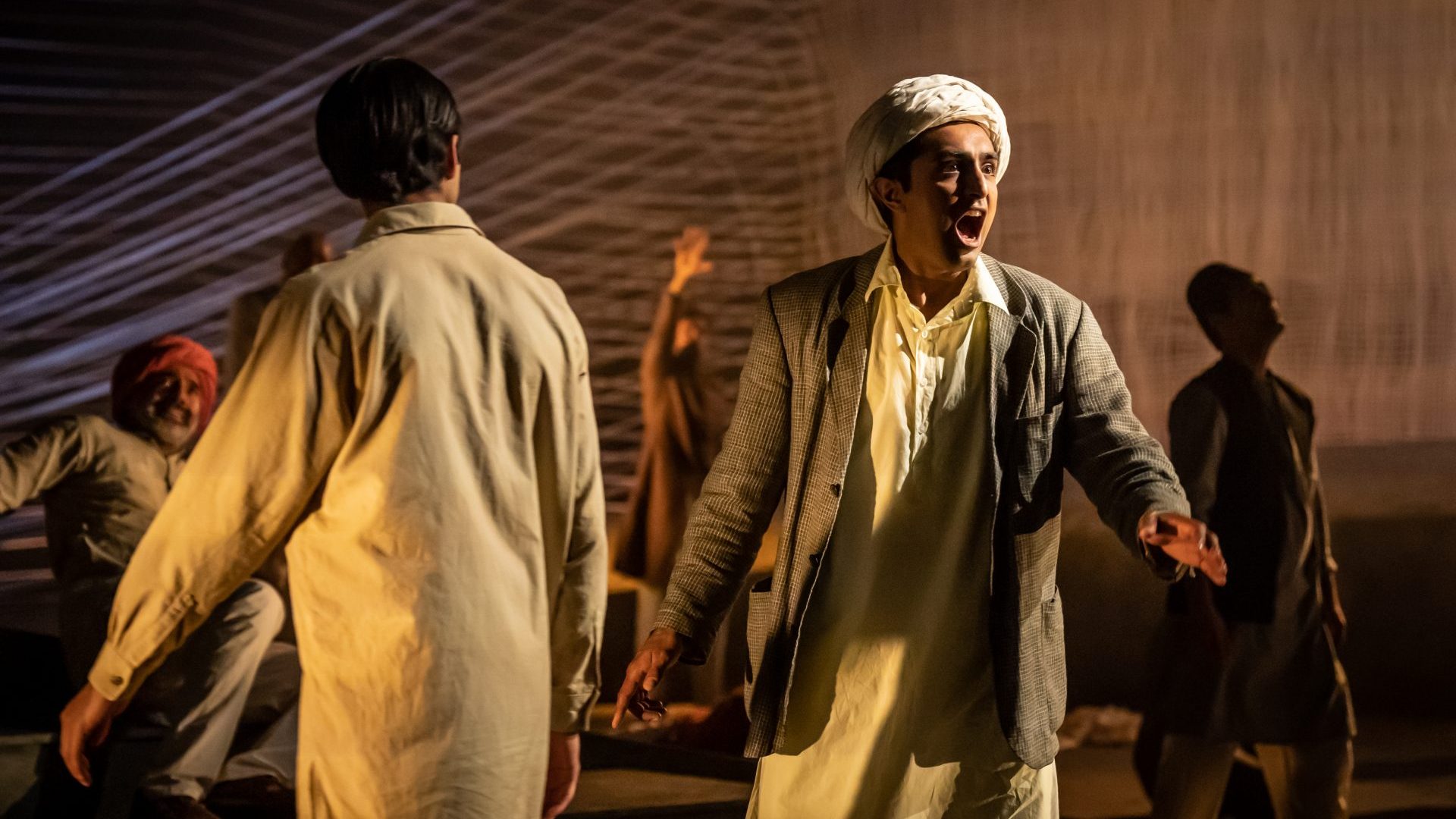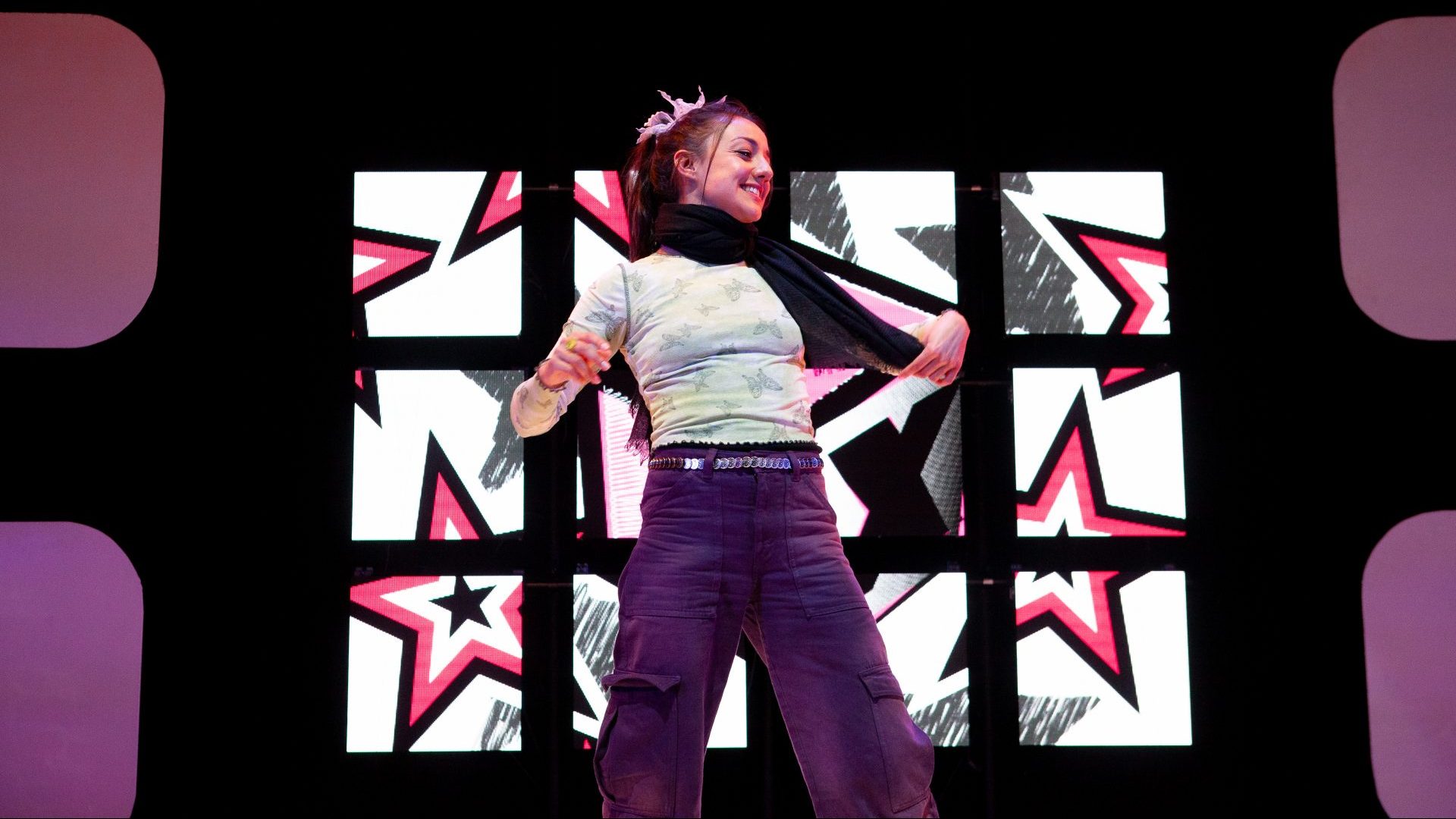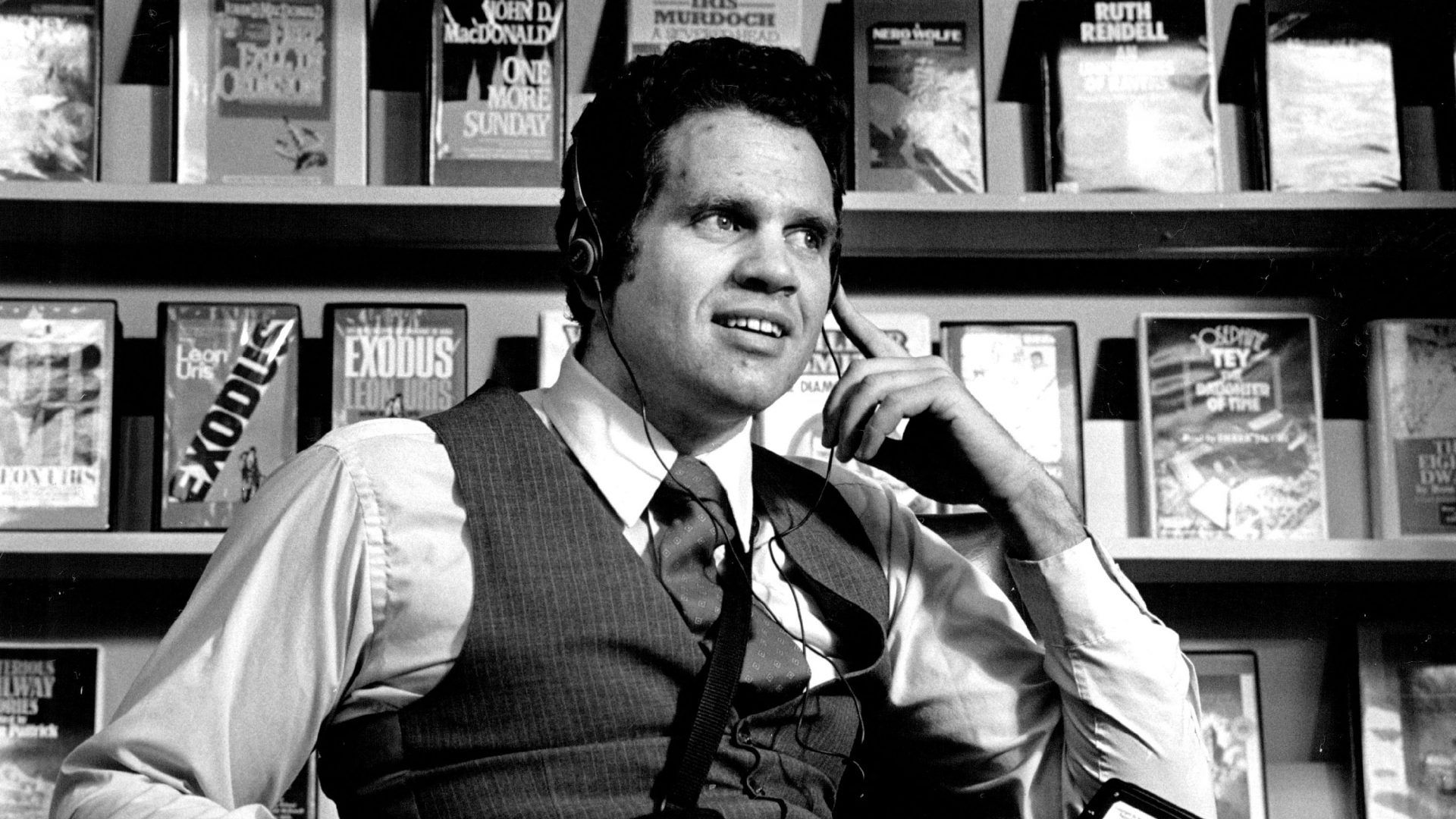The Father and the Assassin
National Theatre, London, until June 18
In a strange, jarring and obviously out-of-period little joke in The Father and the Assassin, the word “Brexit” has finally been uttered upon the National
Theatre’s stage. It’s so contrived it doesn’t bear repeating, but it would appear to be an attempt to claim contemporary and relevance for Anupama Chandrasekhar’s play about the man who murdered Gandhi.
There are of course parallels between what was happening in India during that period and what is happening in the world now – most notably, the rise of populism and nationalism – but if you take the view that theatre should just occasionally try to address the big issues of today head-on, then this is a pretty strained and convoluted way of going about it.
Chandrasekhar attempts to get inside the head of Nathuram Godse – engagingly played by Shubham Saraf – and to some extent justify what he did, which put her in morally ambiguous territory. She makes a big thing out of the fact that the young Godse was dressed in women’s clothing by his parents, but I don’t think anyone would seriously associate that with instilling homicidal tendencies.
There’s a run-through of the big historical events of the time – Nehru (Marc Elliott), Jinnah (Irvine Iqbal) and of course Gandhi (Paul Bazely) put in appearances – but, while efficiently directed by Indhu Rubasingham, it’s
hard not to feel Chandrasekhar has bitten off more than she can chew. A smaller stage and a smaller cast – with a tighter focus on Godse – would have afforded a greater opportunity to understand this complex character.




